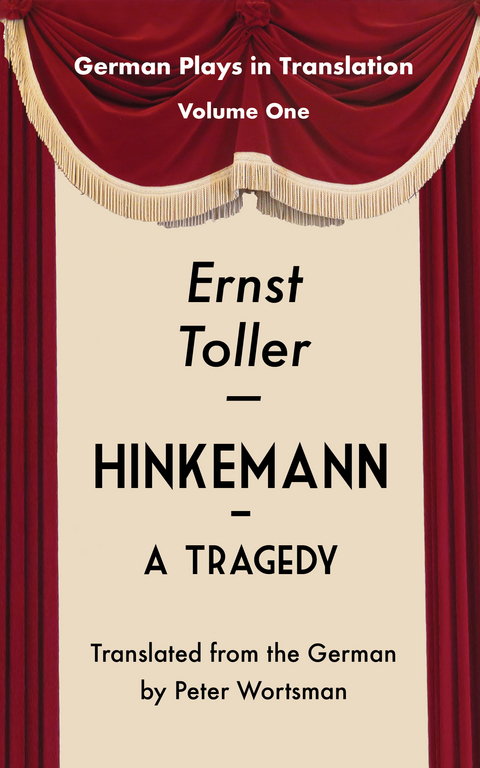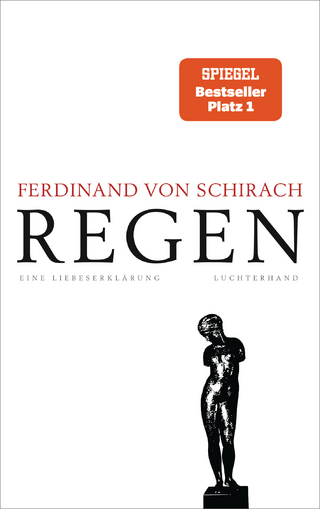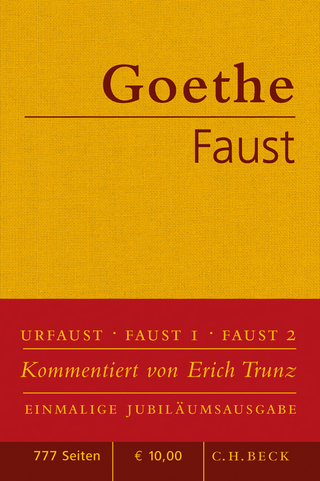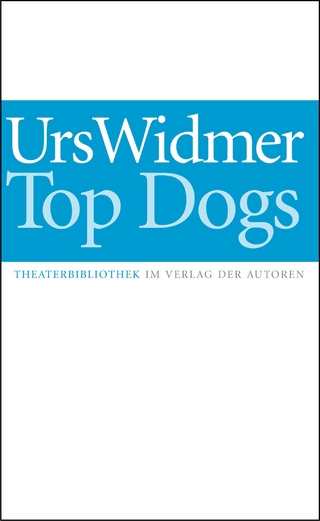
Hinkemann
Berlinica Publishing (Verlag)
978-3-96026-035-6 (ISBN)
Ernst Toller was a playwright, born in the Province of Posen in 1893, then part of Prussia, today under Polish dominion. Upon hearing of the outbreak of World War I in 1914, Ernst Toller, who had been studying law in Grenoble, rushed home to enlist in the Kaiser’s army. But after witnessing the horrors of war firsthand, getting seriously wounded, and suffering a complete physical and psychological collapse, he was disabused of his youthful nationalist political leanings and embraced revolutionary change. In 1919 he joined the leadership of the short-lived Bavarian Soviet Republic in Munich, serving six days as its president, before being captured, tried for treason, and sentenced to five years in prison. Toller applied the imposed “leisure” of his incarceration in the German prison Niederschönenfeld, 1921-1922, to the completion of several of his best known plays, including Hinkemann, establishing his reputation as one of the foremost young German dramatists at a time when Bertolt Brecht was still a virtual unknown. It was, however, only following his release from prison in 1925 that he got to see his plays performed. Conceived in the German theatrical tradition of Jakob Michael Reinhold Lenz’s Die Soldaten (The Soldiers) and Georg Büchner’s Woyzeck, Toller’s devastating tragedy Hinkemann is a painfully poetic plaidoyer for the overlooked vision and voice of the victim. Given his notoriety, his Jewish ancestry, political position, and avant-garde artistic stance made him an immediate high profile persona non grata in 1933 when the Nazis came to power. Toller fled to London, went on a lecture tour to the U.S. in 1936, and tried to make a go of it in Los Angeles, where he took an unsuccessful stab at screenwriting. Moving to New York City, he joined a group of like-minded literary émigrés, including Klaus and Erika Mann, the son and daughter of Thomas Mann, both writers in their own right. Though two of his plays were staged in English, they were not well received. Dispirited, despondent upon learning that his brother and sister had been sent to a concentration camp, and convinced that the world as he knew it had succumbed to the forces of darkness, Toller was found dead by hanging, a presumed suicide, in Manhattan in his room at the Hotel Mayflower.
Peter Wortsman is the author of two stage plays, Burning Words, premiered in 2006 by the Hampshire Shakespeare Company, at the Northampton Center for the Arts, in Northampton, Mass., and in 2014 in German translation by the ensemble of the Kulturhaus Osterfeld, in Pforzheim, Germany; and The Tattooed Man Tells All, premiered by the Silverthorne Theater in Greenfield, Mass., in 2018. He is also the author of two books of short fiction, A Modern Way To Die (1991) and Footprints in Wet Cement (2017); a travel memoir, Ghost Dance in Berlin, A Rhapsody in Gray (2013); a novel, Cold Earth Wanderers (2014); and a work of nonfiction, The Caring Heirs of Dr. Samuel Bard, forthcoming in 2019. His critically acclaimed translations from German into English, include Posthumous Papers of a Living Author, by Robert Musil, now in its third edition (1988, 2005, 2009); Telegrams of the Soul: Selected Prose of Peter Altenberg (2005); Selected Prose of Heinrich von Kleist (2010); Selected Tales of the Brothers Grimm (2013); Tales of the German Imagination, From the Brothers Grimm to Ingeborg Bachmann (2013), an anthology which he also edited and annotated; and Konundrum, and Selected Prose of Franz Kafka (2016). Recipient of a 2014 Independent Publishers Book Award (IPPY), he was a fellow of the Fulbright Foundation (1973), the Thomas J. Watson Foundation (1974), and a Holtzbrinck Fellow at the American Academy in Berlin (2010).
| Erscheinungsdatum | 31.10.2019 |
|---|---|
| Reihe/Serie | German Plays in Translation ; 1 |
| Übersetzer | Peter Wortsman |
| Verlagsort | Berlin |
| Sprache | englisch |
| Maße | 150 x 200 mm |
| Gewicht | 150 g |
| Themenwelt | Literatur ► Lyrik / Dramatik ► Dramatik / Theater |
| Schlagworte | Drama • Krieg • Weimarer Republik |
| ISBN-10 | 3-96026-035-0 / 3960260350 |
| ISBN-13 | 978-3-96026-035-6 / 9783960260356 |
| Zustand | Neuware |
| Haben Sie eine Frage zum Produkt? |


